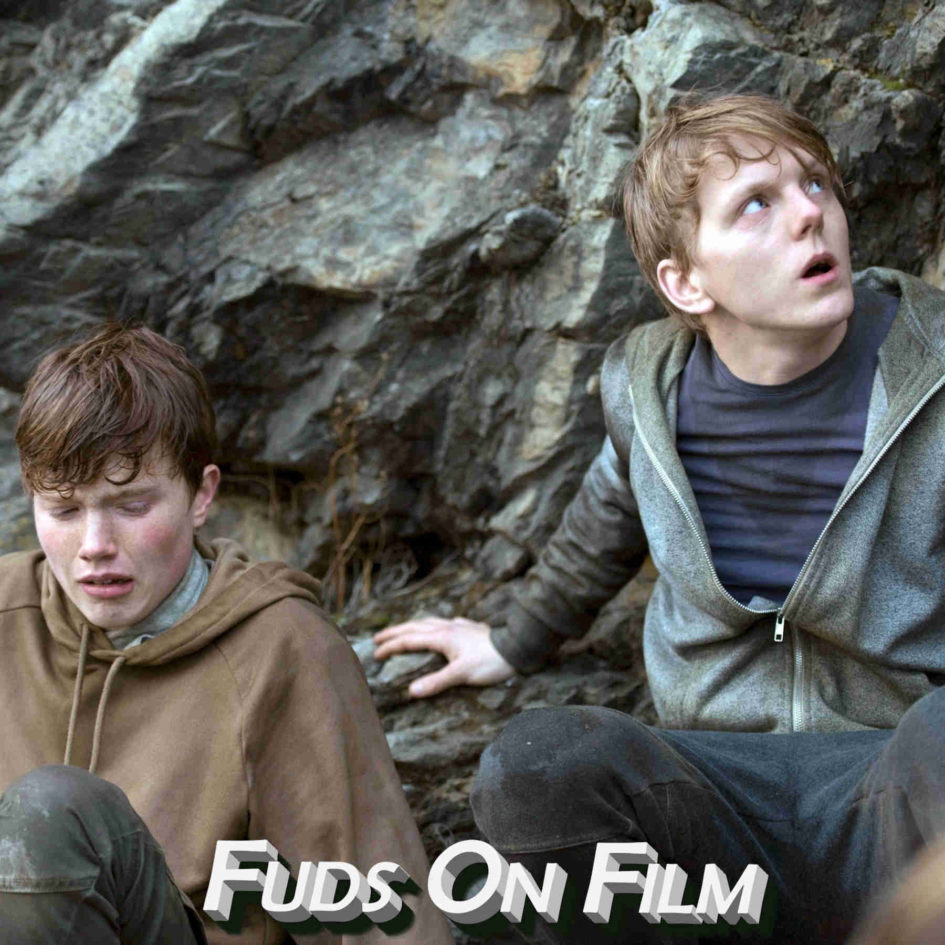We take a look at two films covering the tragic mass murder in Oslo, July 22nd 2011 in our latest laugh-a-minute, light hearted, roustabout episode.
Download on Spreaker | Subscribe on iTunes | Subscribe via feed
On the 22nd of July 2011, a white supremacist, ethno-nationalist terrorist, or, to put it in briefer terms, Nazi, called Anders Behring Breivik killed 8 people with a van bomb in the government district of Oslo. Then, disguised as a police officer, he drove the 24 miles from the capital to the island of Utøya, which was hosting a political summer camp for teenagers. There, over the course of 72 minutes, Breivik murdered 69 further people, injured more than a hundred, and left hundreds, if not, by extension, thousands of people psychologically scarred.
In one of those curiously common quirks of the film industry, two films addressing the events of that day were released in the UK only 16 days apart, back in October. The first, entitled simply 22 July, comes from Bloody Sunday and United 93 director Paul Greengrass, based on the book One of Us: The Story of a Massacre in Norway and its Aftermath by Norwegian journalist Åsne Seierstad. Of the two films, this is by far the more conventional take on an event such as this. Greengrass’s film mostly focuses on Breivik, his actions (including several point blank executions), and then his self-justifications, as well as the preparations for his trial.
The victims aren’t forgotten: here they are represented in large part by 18 year old Viljar Hanssen (Jonas Strand Gravli), who suffered several gunshot wounds (including one to his head that left him with bullet fragments lodged near his brainstem) and became determined to perform a speedy physical recovery so that he would be able to walk into court by himself and testify against Breivik. However, it’s Breivik who is, and I choose these words deliberately, the star of the show, and his viewpoints and beliefs that are evinced, even if we can reasonably assume that these views are not shared by Greengrass.
It is this arguably harmful spotlighting of the views and actions of the perpetrator in such films that is the reason for our other film, Norwegian director Erik Poppe’s _ Utøya: July 22_, purposely refusing to show happenings from Breivik’s perspective, or indeed to show him at all, beyond a few fleeting glimpses of a shadowy figure.
Poppe’s film is told from the point of view of one campgoer, Andrea Berntzen’s Kaja, a fictional character based on the amalgamated experiences of the real victims, and drawn from more than 40 interviews from survivors of that day. Rather than showing the aftermath as the US film does, the Norwegian film focuses solely on the attack, and only from the point of view of the young people on the island. After a very brief introduction in Oslo with the bomb exploding, the action plays out on Utøya island as a single take, unbroken and in real time, as the teenagers first discuss the events in Oslo before things begin to become nothing less than a waking nightmare for them.
Desiring to bring veracity and accuracy to his portrayal of events, and do justice to the memories and experiences of the victims, Poppe had both the blessing and collaboration of survivors, some of whom were onset at all times to act as consultant and keep him straight. He even went so far as to have all of the gunshot sounds be replicated on set, and for the number and even the position of them to be accurate: in total, Breivik fired more than 500 shots that day, and every one of them can be heard in the film, coming from different directions and different distances as Kaja and her peers huddle in the undergrowth or tight against a cliff face. It’s intense stuff.
Thanks to everyone who has got in touch with us on this, or said kind words about the show – it’s all very much appreciated.
If you’ve been affected by any of the issues discussed today, please hit us up on Twitter (@fudsonfilm), on Facebook (facebook.com/fudsonfilm), or email us at podcast@fudsonfilm.com. If you want to receive our podcast on a regular basis, please add our feed to your podcasting software of choice, or subscribe on iTunes. If you could see your way clear to leaving a review on iTunes, we’d be eternally grateful, but we won’t blame you if you don’t. We’ll be back with you soon with something fresh, but until then, take care of yourself, and each other.


Leave a Reply